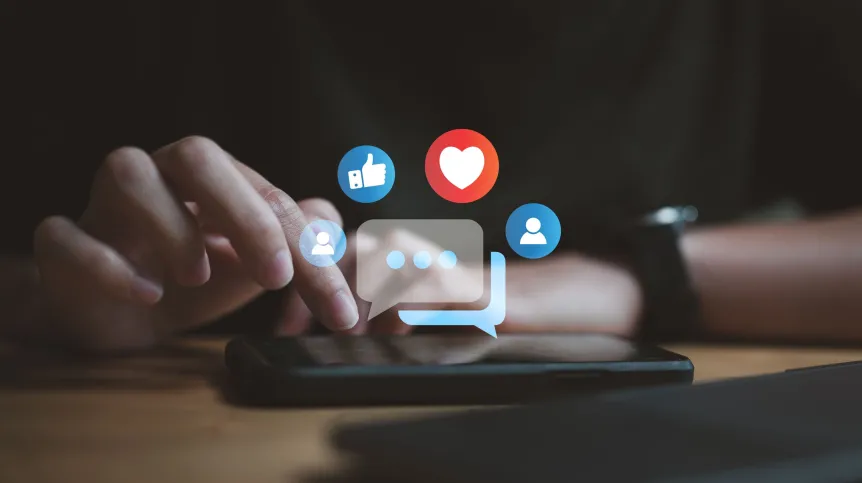
Social media threaten the perception of one's own body and the mental health of young people, warns Mateusz Grajek, PhD, MD, from the Medical University of Silesia. His team has shown that frequent use of such platforms can lead to lower self-esteem and even depression.
Scientists analysed the relationship between young people's activity on social media and their assessment of their own bodies. They paid particular attention to content promoting unrealistic canons of beauty and idealized body types. The study was published in the journal Nutrients.
'Modern media create a very narrow image of the +perfect+ body, which is difficult or impossible to achieve, which causes frustration and complexes', Mateusz Grajek explains.
According to the study, young people not only compare themselves to unrealistic images created using filters and beautifying applications, but also build their self-esteem based on the reactions of other users.
'Young people self-assess through the prism of likes, comments and filtered photos of other users, which distorts their image of reality', the expert explains.
Experts emphasize that this phenomenon not only affects self-esteem, but also increases susceptibility to mental problems, such as anxiety, depression, and in extreme cases it leads to eating disorders, including anorexia or orthorexia (an obsession with healthy eating).
According to the authors of the publication, an equally serious threat is the growing presence of health disinformation in social media.
'Young people often draw health knowledge from social media, and it is full of myths, pseudoscientific advice and harmful content', Grajek adds.
The scientists call for immediate systemic action. They propose introducing mandatory media and health education courses in schools.
'We must teach young people to distinguish facts from fiction. Digital and health hygiene education is one of the most important challenges of today', the expert concludes. (PAP)
jms/ bar/













